The Hysteria surrounding the Alabama Human Life Protection Act
May 20, 2019
I was happy to hear the news that Alabama passed the Human Life Protection Act, AKA the
"Alabama Abortion Ban". Although in the current legal environment, the likelihood of it immediately saving any lives seems small as long as the law of the land is still Roe v. Wade. Indeed, the Alabama governor who signed the bill into law admitted: “No matter one’s personal view on abortion, we can all recognize that, at least for the short term, this bill may similarly be unenforceable.”
Regardless of this reality, an unhinged hysteria has let loose, aided and abetted by those who seek profit or power from abortion like Planned Parenthood, the many politicians it funds, and the media that enables them both. Fear and manipulation have taken the place of facts and discourse. In hopes of turning back (or at least standing against) that tide, I offer the following facts in response to the most prevalent myths.
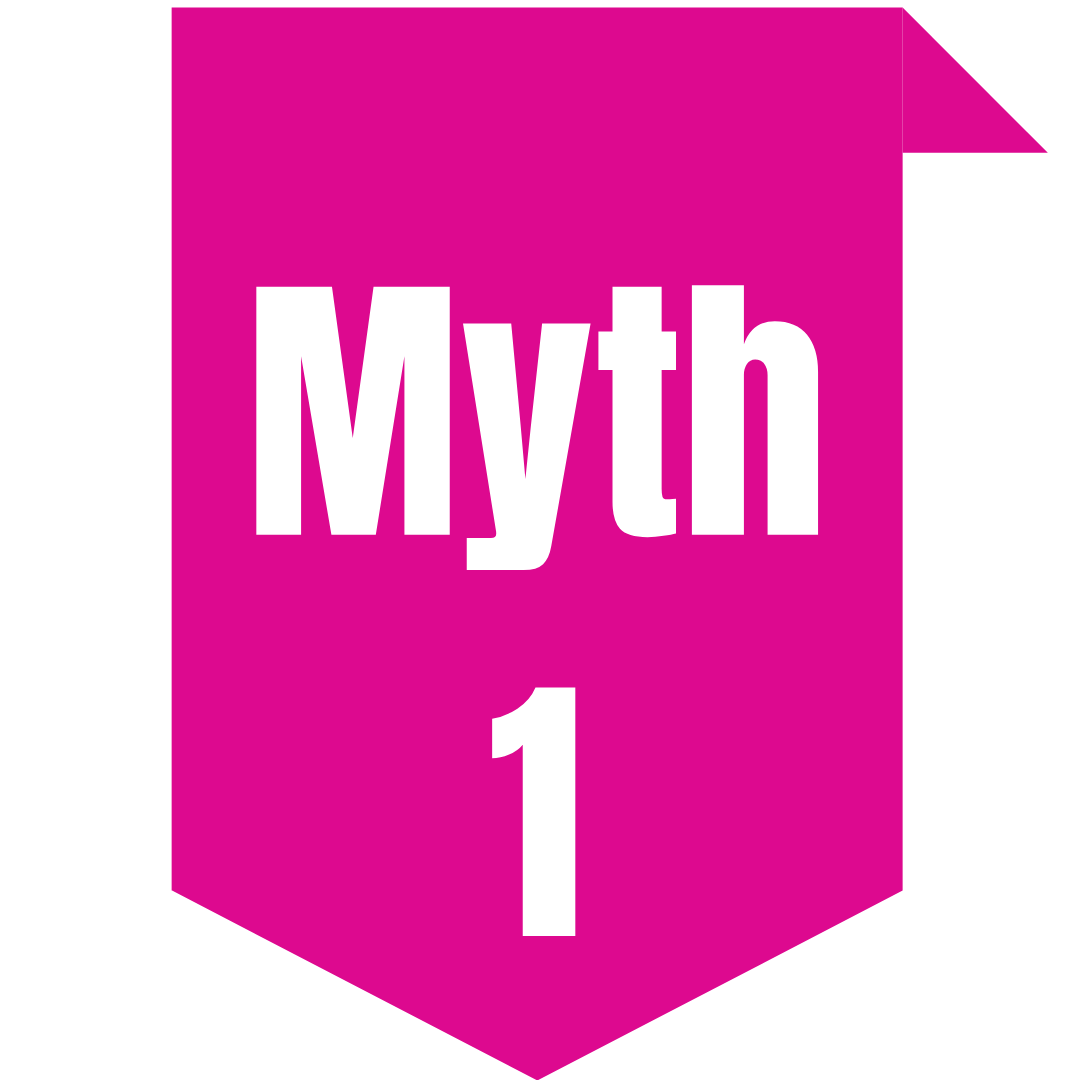 |
Abortion is now illegal in Alabama: While the intent of The Alabama Human Life Protection Act is to make abortion illegal, it will not go into effect by its own terms for 6 months, during which time, legal challenges will no doubt be filed, potentially staying the law until the courts decide its constitutionality. Until then, abortion remains legal in Alabama. |
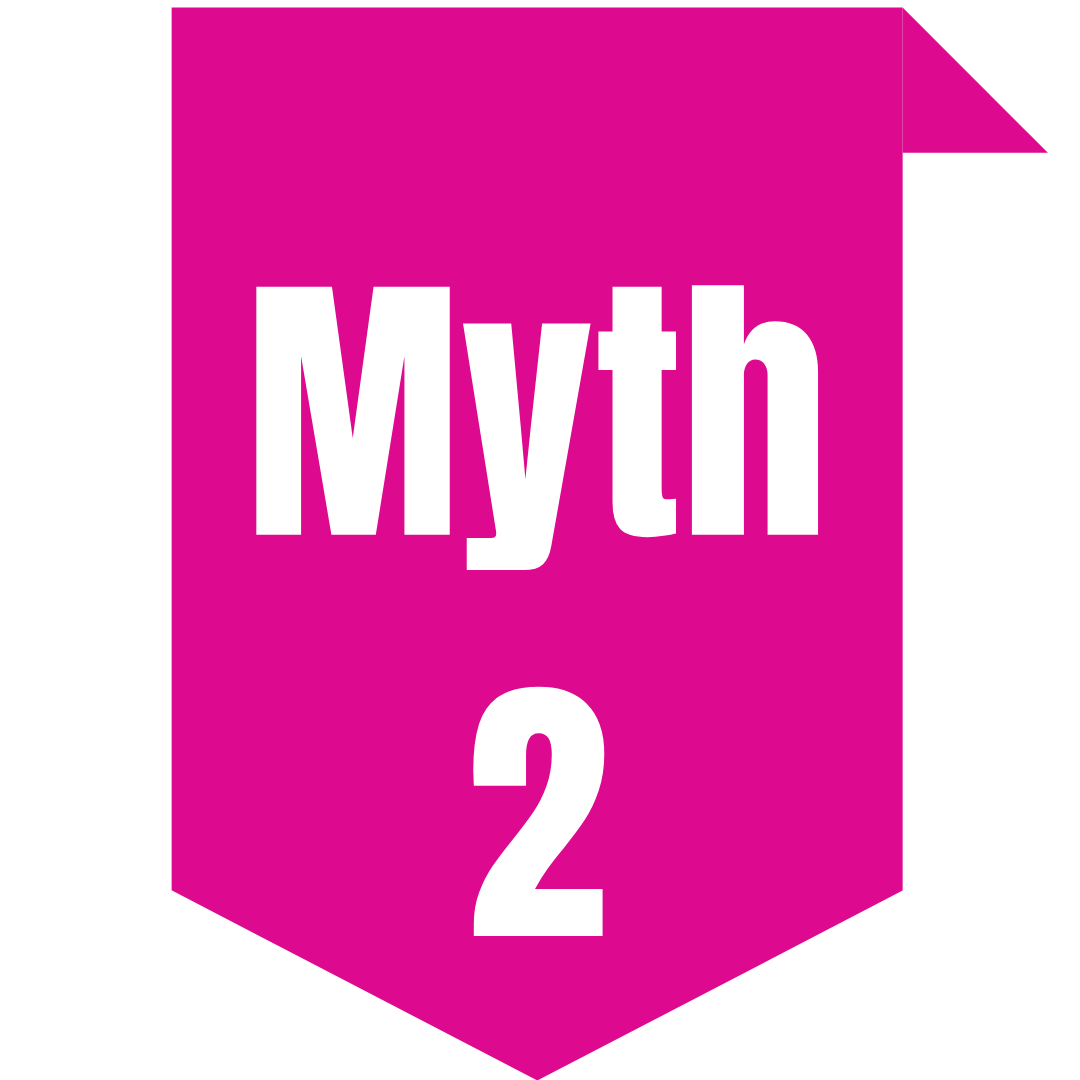 |
Legal abortion is safe abortion: Contrary to the claims of Planned Parenthood and other abortion providers, abortion is not safe. It brings with it a multitude of serious physical risks from infection and bleeding to perorated uteruses and even death; as well as mental health risks, such as depression, sexual dysfunction, eating disorders, and even suicide. Moreover, attempts to regulate the health standards of this procedure and insure informed consent are continually challenged by the abortion industry. |
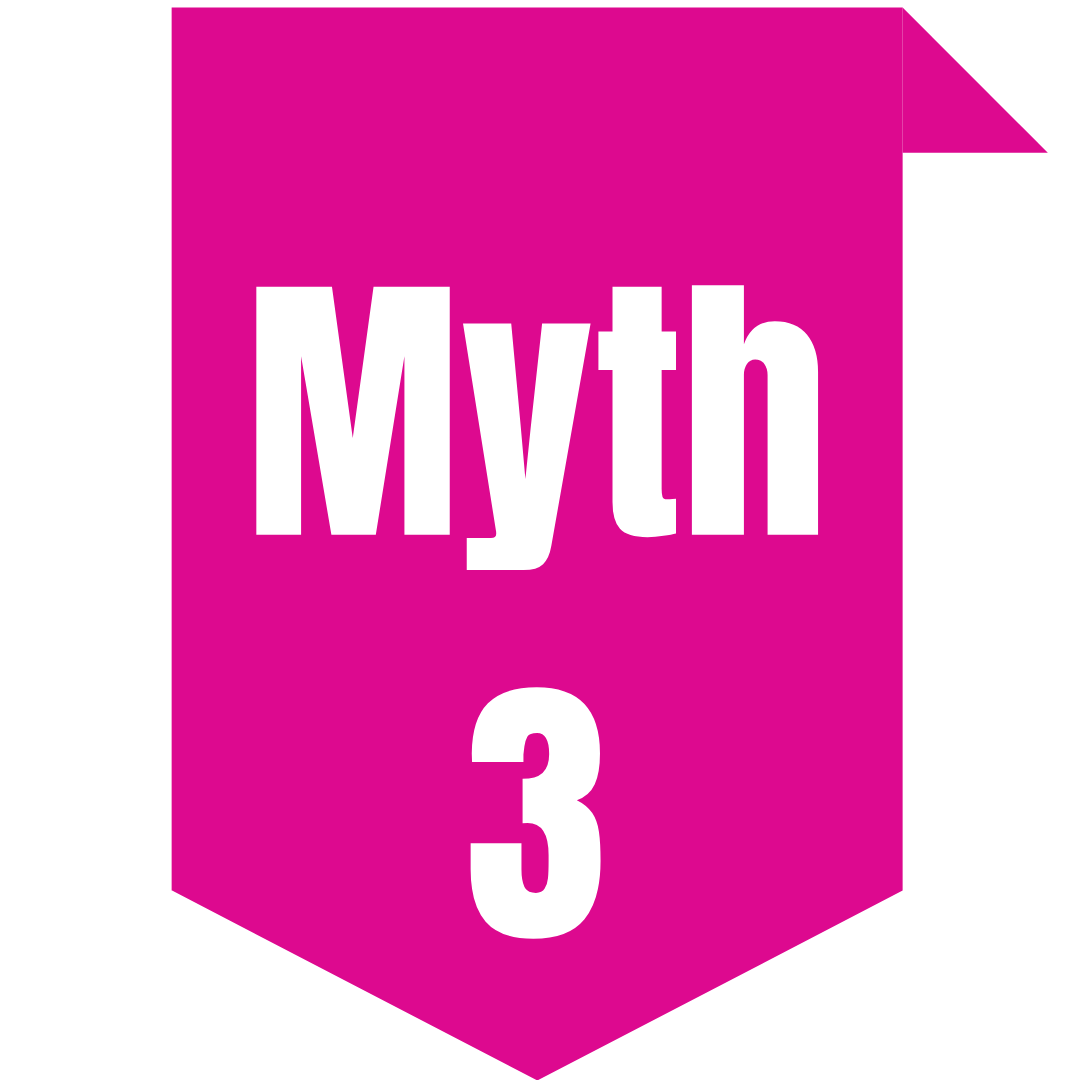 |
Only men voted to ban abortion: The reference to 25 men voting for the new Alabama law that is circling the internet is referring to the state senators who voted for the ban. This claim conveniently leaves out the woman, Rep. Terri Collins, who sponsored the bill, the women in the Alabama House of Representatives who voted for the bill, and the female governor who signed it into law. |
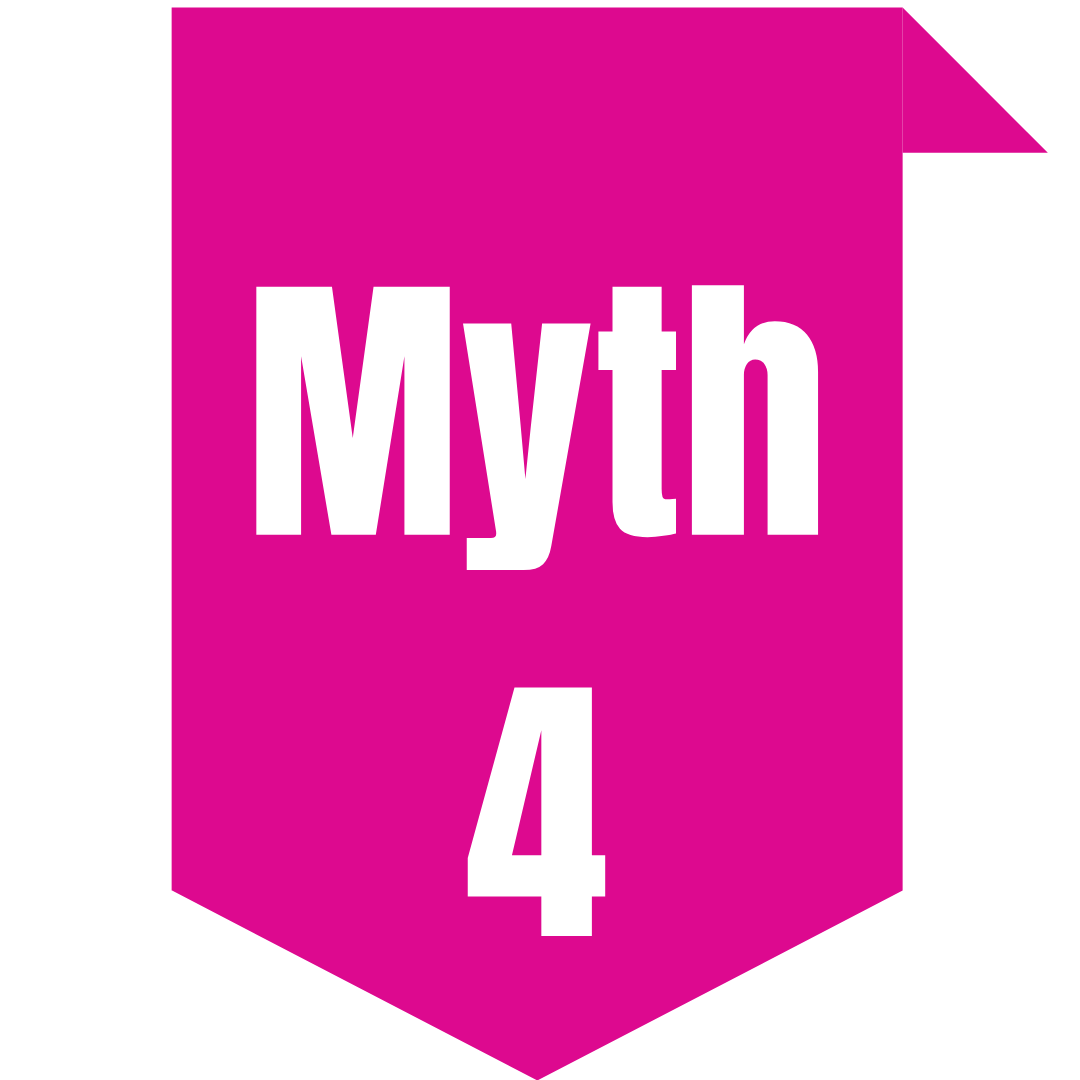 |
Women do not support the Alabama law: Before duly elected, women and men in the Alabama legislature voted to ban abortion, the citizens of Alabama (52% of whom are women) voted to amend the state constitution to “declare and otherwise affirm that it is the public policy of the state to recognize and support the sanctity of unborn life and the rights of unborn children ... and to provide that the constitution of this state does not protect the right to abortion or require the funding of abortion.” |
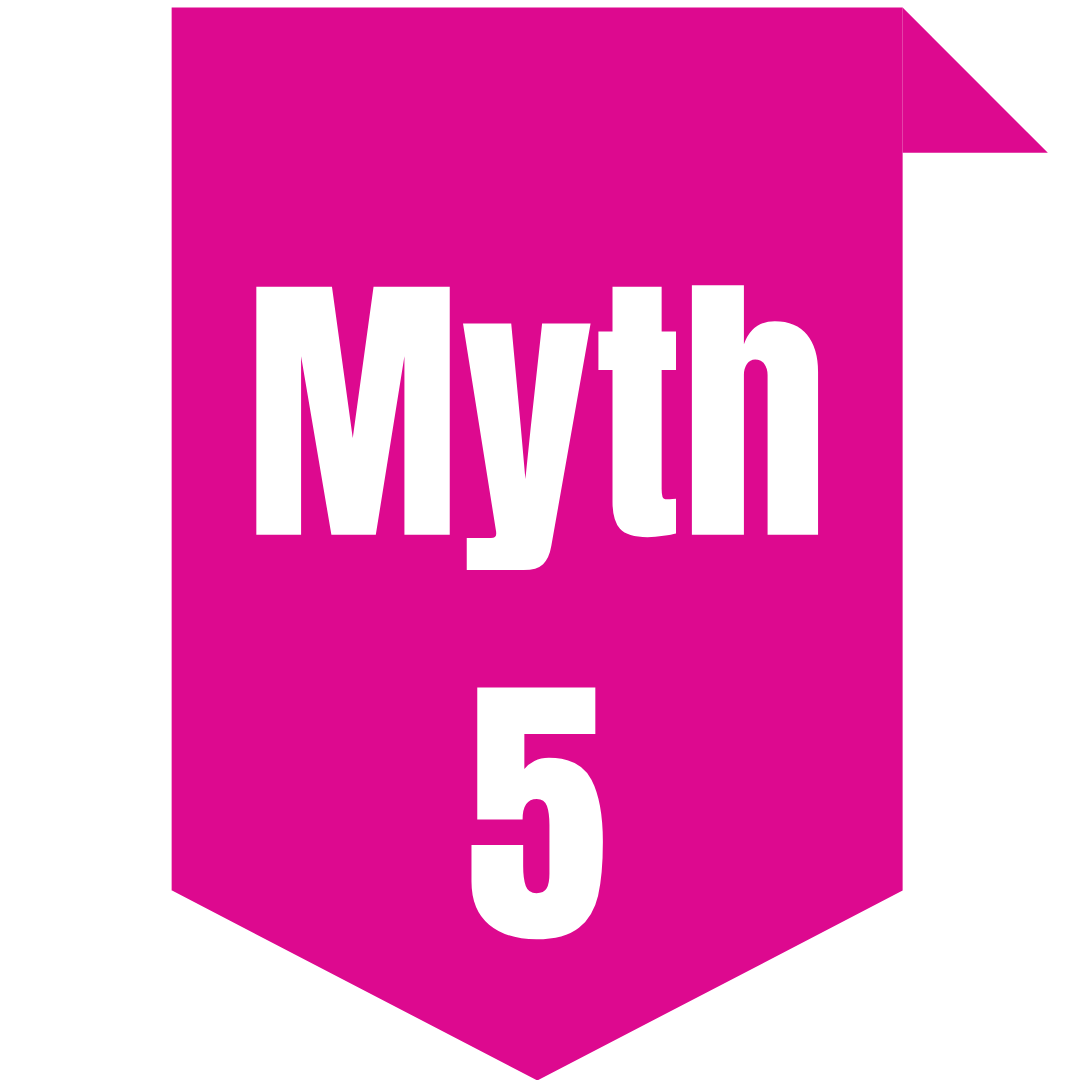 |
The new law will punish women: The Alabama law only criminalizes abortionists who perform abortions when and if the law goes into effect. There are NO penalties against the women seeking or procuring an abortion. The law states (and then restates two more times): “a woman who receives an abortion will not be held criminally culpable or civilly liable for receiving the abortion.” |
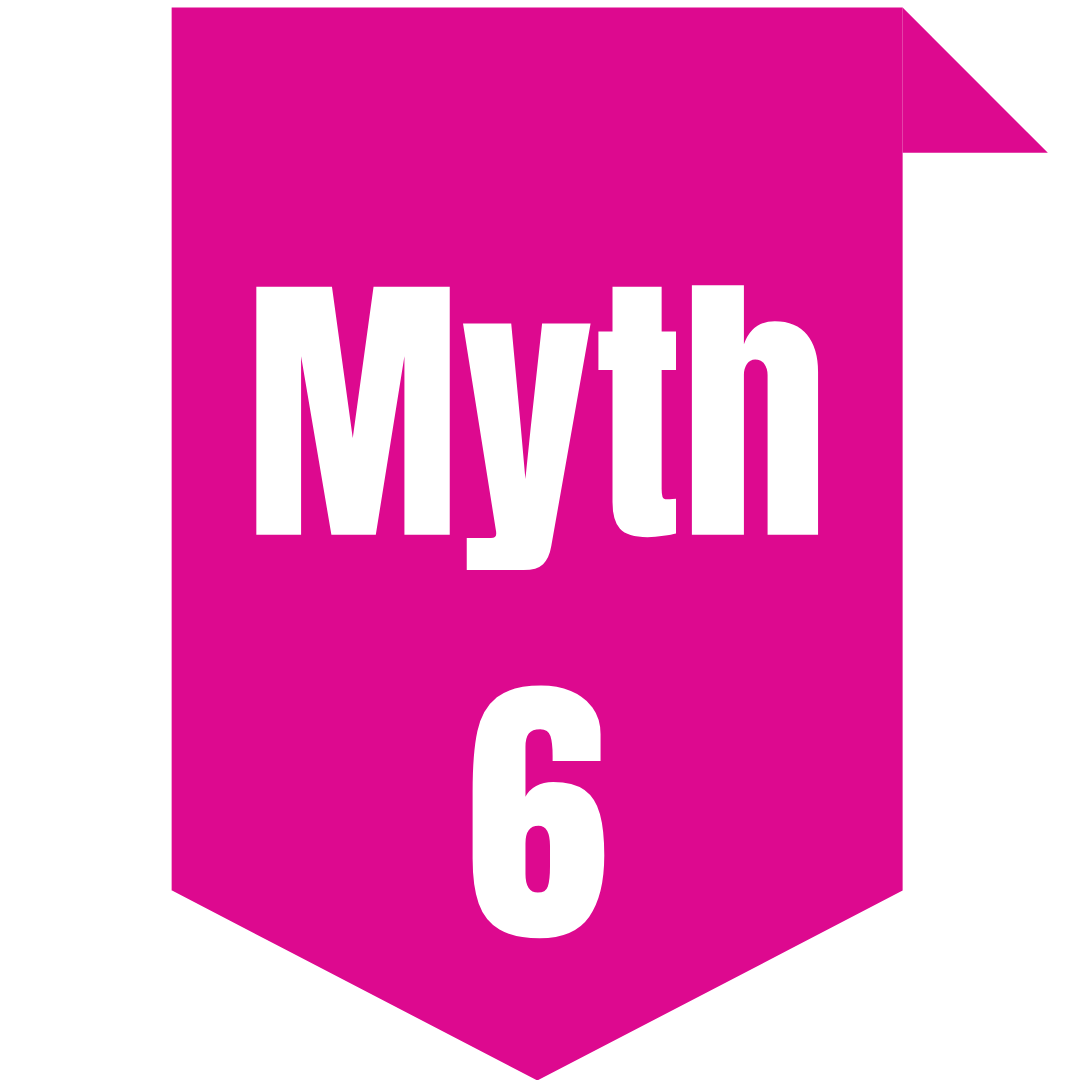 |
Alabama is an outlier; most other states support abortion: Forty-three states prohibit abortion after a certain point in the pregnancy, including 17 states which ban abortion at viability (when the child can medically survive outside the womb), six states that ban abortion after 24 weeks, 19 states which ban abortion after 20 weeks (when the unborn child may experience pain). Six states have passed, but not yet implemented, 6-week bans (when the heartbeat is detectable), and 11 more are considering similar laws. |
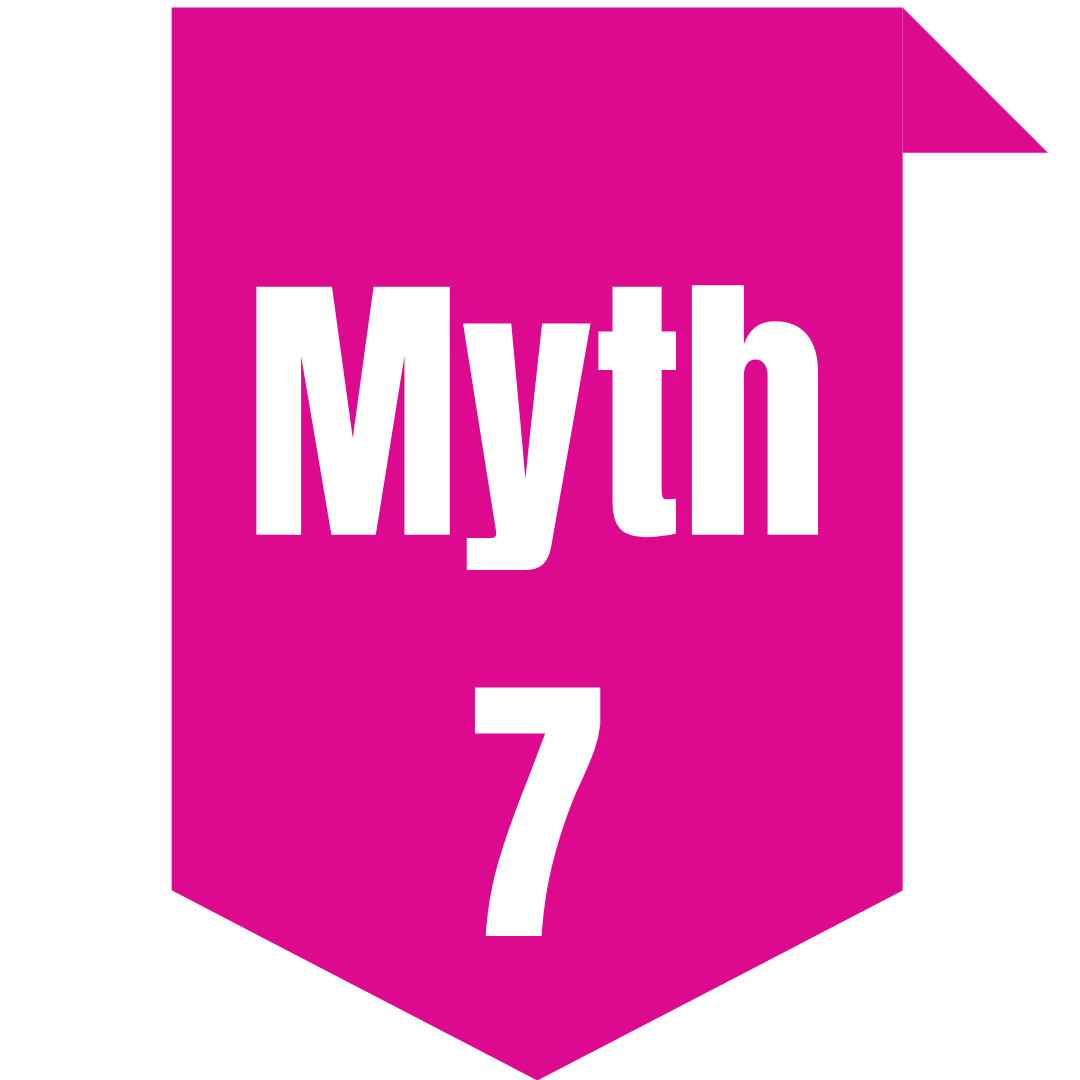 |
The law and others like it seek to control a woman’s body: The Alabama law explicitly applies to two people – the unborn child and the abortionist who seeks to kill the child. No one else. Yes, a woman is involved as she is carrying the child in utero, but the law specifically exempts her from its scope. At its core, the main purpose of the Alabama “Human Life Protection Act,” is to protect human beings who are distinct and unique (with their own DNA, body parts, organs and systems, etc) from their mother’s body, and thus entitled to their own human rights. |
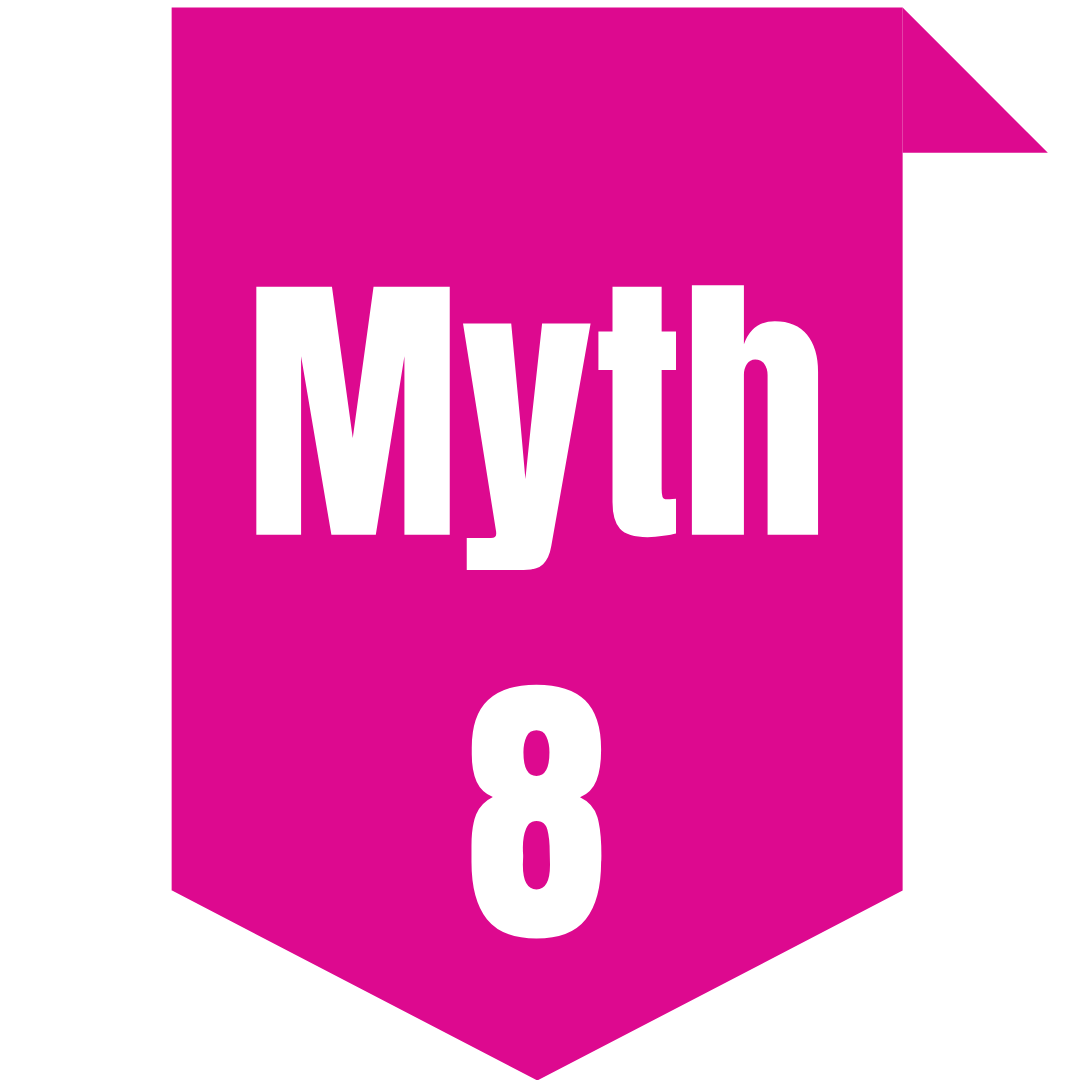 |
The law and others like it undermine “reproductive rights:” At the time this law applies, the woman and her partner have already made the choice to engage in the behavior that produced a child. This law does not regulate that choice in any way; rather it protects the human who may innocently come into existence as a consequence of that choice. |
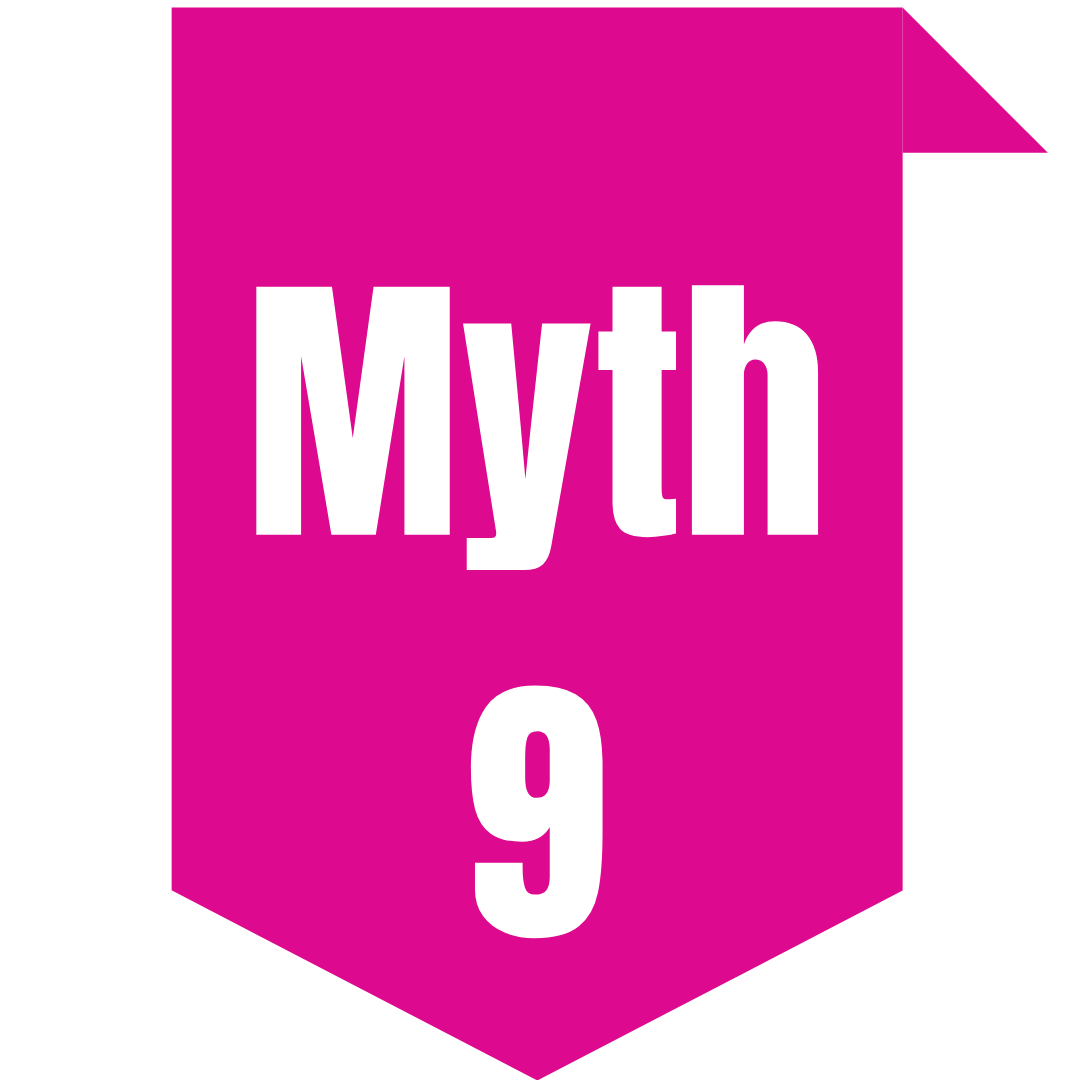 |
The new law needs exceptions for rape and incest: In the event the sexual act was not the choice of the woman, separate criminal statues will apply to afford her the justice such a heinous act requires; this criminal act, however, does not nullify the humanity of the innocent child that may result from the act. The circumstances of conception, however tragic, do not make the child any less human and therefore entitled to protection under the “Human Life Protection Act.” |
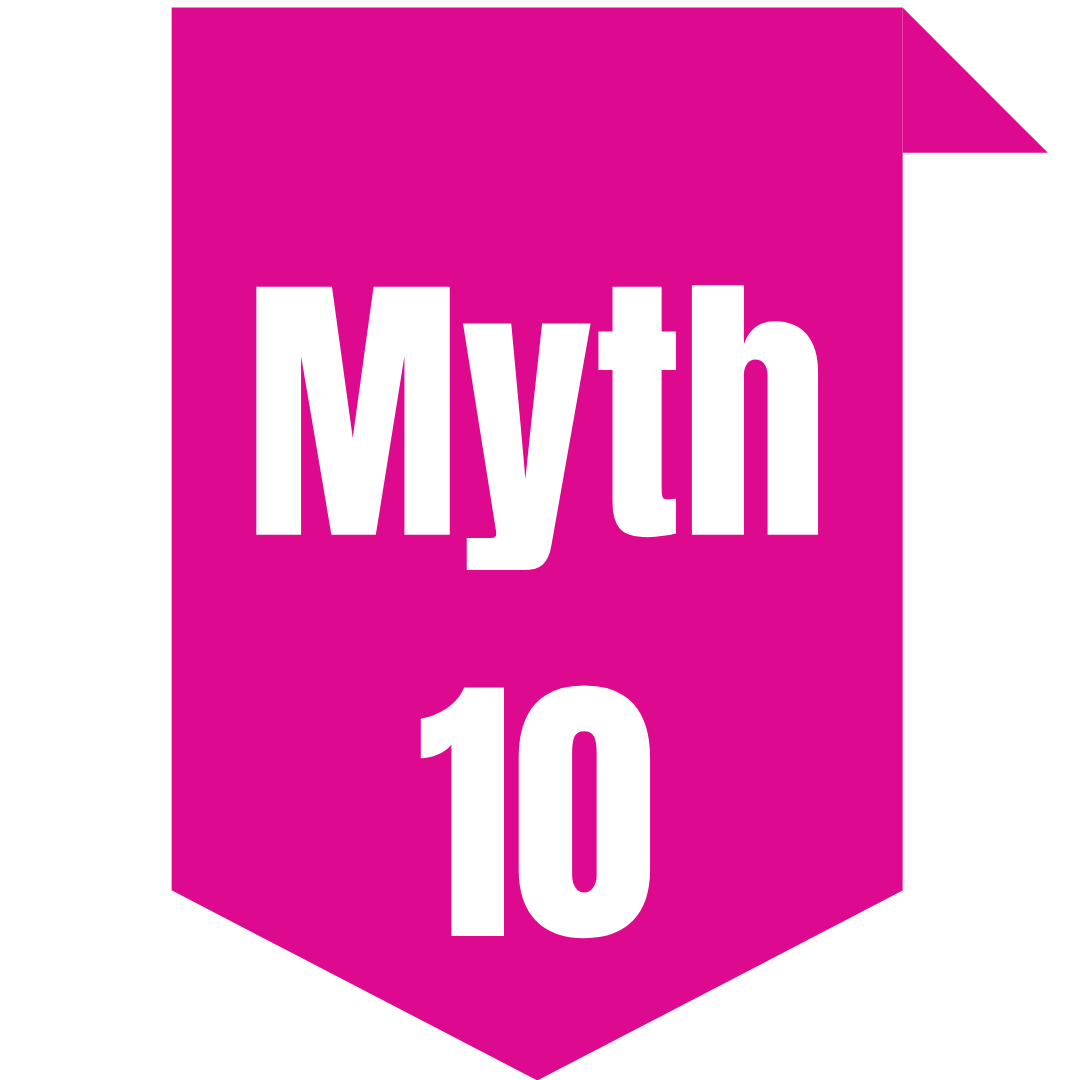 |
Supporters of abortion bans do not care about women: Being pro-life is not contrary to being pro-woman. Abortion brings with it a host of physical and psychological risks to women, many of whom are coerced by family, friends, or circumstance to succumb to abortion. A multitude of pro-life organizations and ministries provide the support and resources necessary to ensure women have real choices, better choices than abortion. Whether it’s parenting or placing for adoption, these non-profit organizations allow a woman to consider all her options rather than capitalizing on her fear to further the for-profit agenda of the abortion industry. |
 |
| Abortion is now illegal in Alabama: While the intent of The Alabama Human Life Protection Act is to make abortion illegal, it will not go into effect by its own terms for 6 months, during which time, legal challenges will no doubt be filed, potentially staying the law until the courts decide its constitutionality. Until then, abortion remains legal in Alabama. |
 |
|
Legal abortion is safe abortion: Contrary to the claims of Planned Parenthood and other abortion providers, abortion is not safe. It brings with it a multitude of serious physical risks from infection and bleeding to perorated uteruses and even death; as well as mental health risks, such as depression, sexual dysfunction, eating disorders, and even suicide. Moreover, attempts to regulate the health standards of this procedure and insure informed consent are continually challenged by the abortion industry. |
 |
| Only men voted to ban abortion: The reference to 25 men voting for the new Alabama law that is circling the internet is referring to the state senators who voted for the ban. This claim conveniently leaves out the woman, Rep. Terri Collins, who sponsored the bill, the women in the Alabama House of Representatives who voted for the bill, and the female governor who signed it into law. |
 |
| Women do not support the Alabama law: Before duly elected, women and men in the Alabama legislature voted to ban abortion, the citizens of Alabama (52% of whom are women) voted to amend the state constitution to “declare and otherwise affirm that it is the public policy of the state to recognize and support the sanctity of unborn life and the rights of unborn children ... and to provide that the constitution of this state does not protect the right to abortion or require the funding of abortion.” |
 |
| The new law will punish women: The Alabama law only criminalizes abortionists who perform abortions when and if the law goes into effect. There are NO penalties against the women seeking or procuring an abortion. The law states (and then restates two more times): “a woman who receives an abortion will not be held criminally culpable or civilly liable for receiving the abortion.” |
 |
| Alabama is an outlier; most other states support abortion: Forty-three states prohibit abortion after a certain point in the pregnancy, including 17 states which ban abortion at viability (when the child can medically survive outside the womb), six states that ban abortion after 24 weeks, 19 states which ban abortion after 20 weeks (when the unborn child may experience pain). Six states have passed, but not yet implemented, 6-week bans (when the heartbeat is detectable), and 11 more are considering similar laws. |
 |
| This law and others like it seek to control a woman’s body: The Alabama law explicitly applies to two people – the unborn child and the abortionist who seeks to kill the child. No one else. Yes, a woman is involved as she is carrying the child in utero, but the law specifically exempts her from its scope. At its core, the main purpose of the Alabama “Human Life Protection Act,” is to protect human beings who are distinct and unique (with their own DNA, body parts, organs and systems, etc) from their mother’s body, and thus entitled to their own human rights. |
 |
| This law and others like it undermine “reproductive rights:” At the time this law applies, the woman and her partner have already made the choice to engage in the behavior that produced a child. This law does not regulate that choice in any way; rather it protects the human who may innocently come into existence as a consequence of that choice. |
 |
| The new law needs exceptions for rape and incest: In the event the sexual act was not the choice of the woman, separate criminal statues will apply to afford her the justice such a heinous act requires; this criminal act, however, does not nullify the humanity of the innocent child that may result from the act. The circumstances of conception, however tragic, do not make the child any less human and therefore entitled to protection under the “Human Life Protection Act". |
 |
| Supporters of abortion bans do not care about women: Being pro-life is not contrary to being pro-woman. Abortion brings with it a host of physical and psychological risks to women, many of whom are coerced by family, friends, or circumstance to succumb to abortion. A multitude of pro-life organizations and ministries provide the support and resources necessary to ensure women have real choices, better choices than abortion. Whether it’s parenting or placing for adoption, these non-profit organizations allow a woman to consider all her options rather than capitalizing on her fear to further the for-profit agenda of the abortion industry. |
By Becky Visosky, J.D.
Executive Director
Share and like our post:



Download the image:
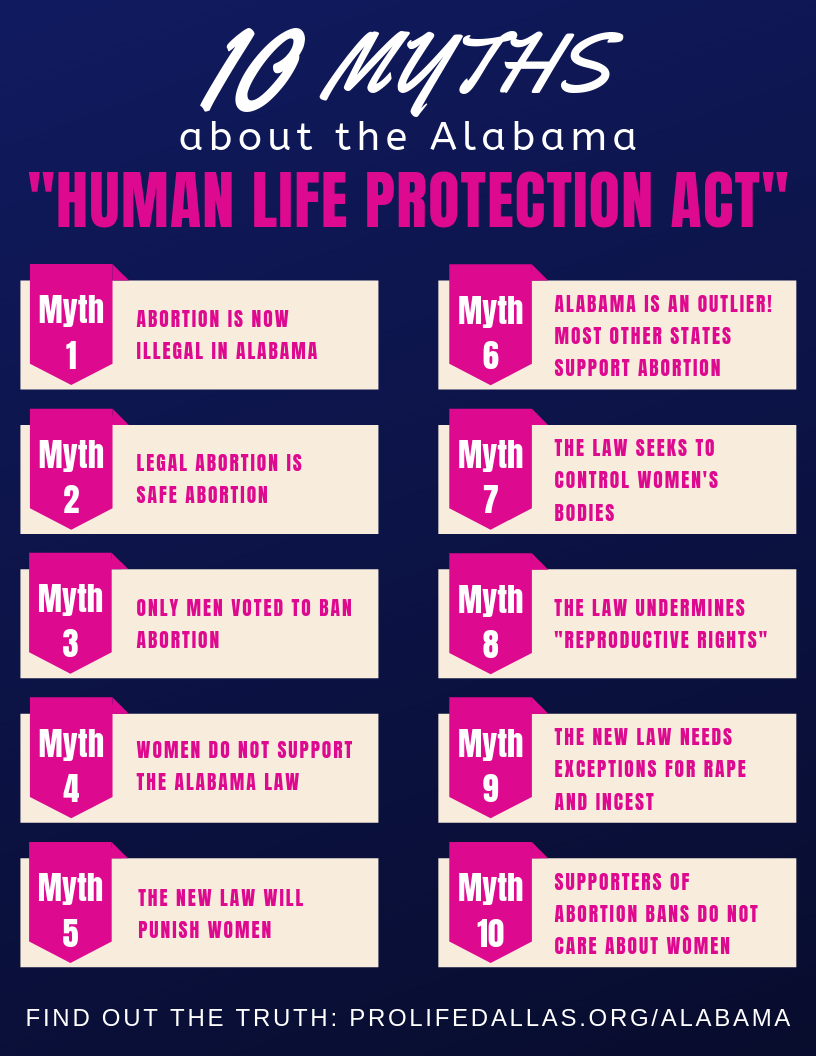
Tags: Alabama

